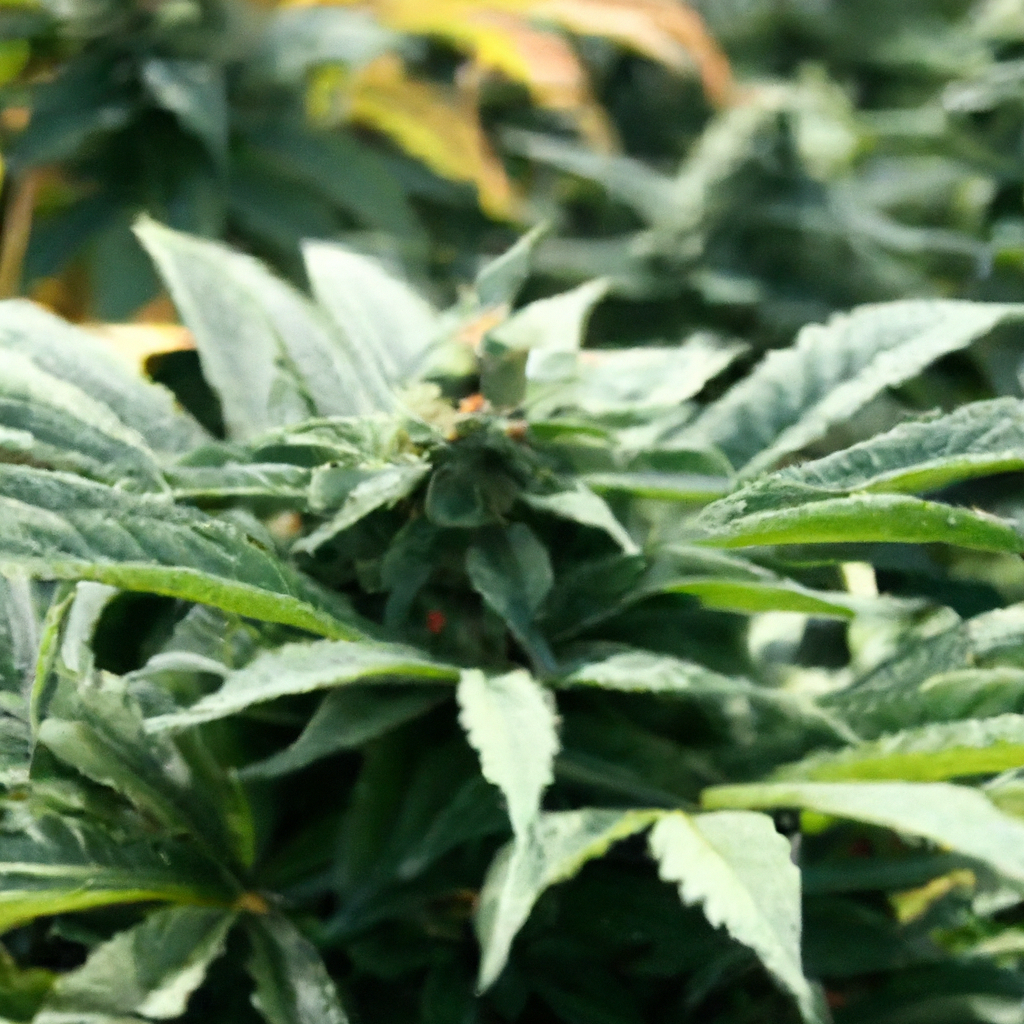Your cart is currently empty!
Introduction: Embracing Organic Cultivation
As the cannabis industry continues to grow, an increasing number of cultivators and consumers are turning towards organic practices. The demand for organic cannabis not only reflects a trend towards healthier consumption but also aligns with the global movement for sustainable agriculture. Through the use of natural fertilizers, compost, and earth-friendly pest control methods, you can cultivate premium-quality cannabis that benefits both the environment and consumers.
The Pillars of Healthy Organic Soil
Building a strong foundation is essential for any organic growing operation, and the soil is the heart of it all. Here’s how you can start:
- Composting: Use kitchen scraps, leaves, and organic matter to create a rich compost that boosts soil fertility.
- Natural Fertilizers: Turn to options like bone meal, fish emulsion, and seaweed extracts to enrich your soil without synthetic chemicals.
- Beneficial Microbes: Introduce beneficial bacteria and fungi to facilitate nutrient uptake and foster a healthy root environment.
Eco-Friendly Pest Management
Keeping pests at bay is crucial in cannabis cultivation, but it’s essential to do so organically to maintain both soil health and environmental integrity:
- Companion Planting: Plant marigolds, basil, or lavender to repel unwanted pests naturally.
- Neem Oil: Utilize this natural insecticide to ward off mites and aphids effectively.
- Integrated Pest Management (IPM): Monitor pest levels closely and introduce beneficial insects like ladybugs when needed.
Sustainability in Cultivation Practices
Ensuring a sustainable operation goes beyond organic labels—it requires integrating practices that reduce your carbon footprint and promote environmental conservation:
- Water Conservation: Implement drip irrigation systems to minimize water usage and maximize efficiency.
- Energy Efficiency: Invest in LED lighting and energy-efficient climate control systems to reduce power consumption.
- Crop Rotation and Cover Cropping: Rotate your cannabis crops with other plants to maintain soil health and decrease disease buildup.
Conclusion: The Environmental and Consumer Benefits of Organic Cannabis
Organic cannabis not only ensures a safer product for consumption but also plays a significant role in protecting our ecosystem. By committing to organic methods, cultivators can contribute to a healthier planet while delivering high-quality, chemical-free cannabis to conscious consumers. Embrace organic cultivation and become a part of the movement for sustainable, earth-friendly agriculture.


Leave a Reply